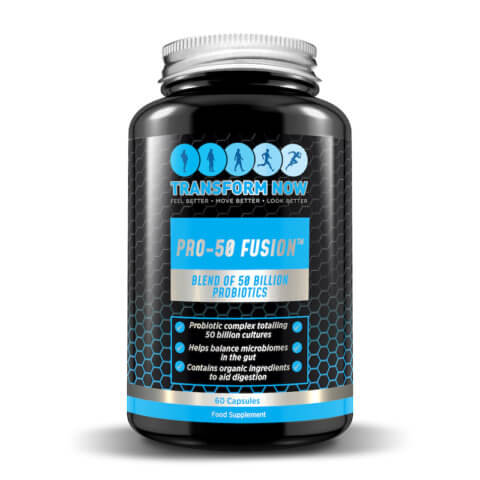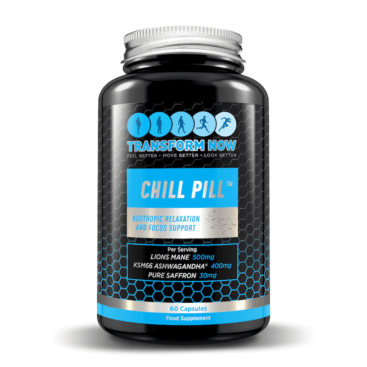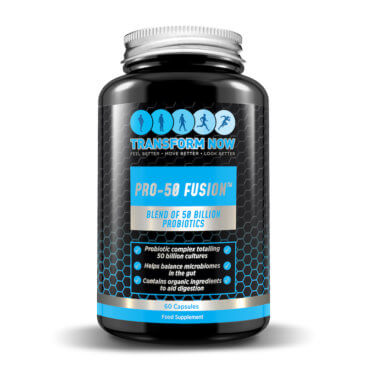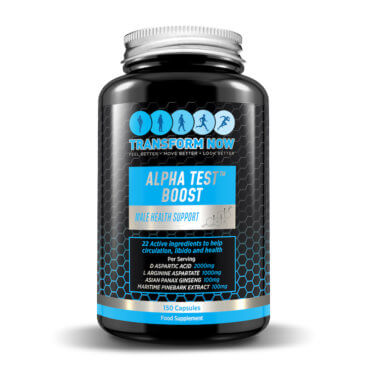Irritable Bowel Syndrome or IBS affects between 3 and 20 per cent of people, with symptoms varying from person to person. Some sufferers may have just slight irritation and others much more severe symptoms, which significantly affect their quality of life. How long symptoms last also varies between people, and women suffer or experience IBS symptoms more than men.
What it is
Irritable bowel syndrome is a type of gastrointestinal disorder described as a “functional intestinal disorder”. This means the problem is with the movement of your intestines and not any damage to its cells or structure.
It is a chronic condition, and symptoms may change as the years go by. It may cause intestinal damage in rare cases, but it doesn’t increase your risk of developing gastrointestinal cancers.
The most common symptoms of irritable bowel syndrome (IBS) include:
- Abdominal pain
- Cramping
- Increased gas
- Passing stool with mucus or foam
- A sudden, urgent need to use the bathroom
- Bloating (distention)
- Constipation
- Diarrhoea
- Changes in bowel movements (in frequency and form)
- Loss of appetite
- Food intolerance
- Nausea
- Weight loss
Some people may experience the following as well:
- Headache
- Muscle or joint pain
- The need to urinate more often
- Constant weakness and tiredness
- Difficulty sleeping
- Bad breath or halitosis
- Painful sex or dyspareunia (women)
- Irregular menstrual periods
- Anxiety and depression
There are different forms of Irritable Bowel Syndrome. These include:
- IBS with diarrhoea (IBS-D) is characterized by chronic and repeated diarrhoea.
- IBS with constipation (IBS-C) is characterized by abdominal pain or discomfort associated with constipation.
- IBS with alternating stool pattern (IBS-A) alternates between symptoms of diarrhoea or constipation.
Causes of IBS
The exact cause is unclear and may be due to a lot of factors. However, the action of microbes has been highlighted a lot in research. Some studies have linked IBS to food poisoning.
Factors that play a role in irritable bowel syndrome or mean you are more susceptible to it include:
- Muscle contractions in the intestines. Stronger, more rapid, and longer intestinal contractions can result in diarrhoea, excess gas, pain, and bloating. On the other hand, weak contractions can result in constipation.
- Diet. You may be sensitive to certain foods or may have difficulties in digesting and absorbing sugars or acids present in food. Most people experience worse symptoms after consuming food products such as alcohol, milk, and chocolate. Other food items like vegetables, fruits, and fizzy drinks can cause bloating and cramping. Eating beans, onions, bananas, celery, pretzels, bagels, Brussels sprouts, prunes, apricots can make you gassier.
- A flare-up in your IBS can also be triggered by dairy products, sweets, and food products with caffeine.
- Young age. IBS is frequently seen in people under the age of 50.
- Gender. More women are affected with IBS than men, and hormonal therapy is also a risk factor for IBS.
- Family history/Genetics. Your genes could play a role where a family member may have experienced IBS symptoms. If so, you may have a chance of experiencing IBS symptoms as well.
- Mental health issues. Conditions such as depression, anxiety, and so on may result in IBS. This is seen more in people who have a history of abuse (physical, sexual or emotional) and suffer from post-traumatic stress disorder (PTSD).
- Abnormal hormonal and neurotransmitters levels. An imbalance in your hormones and changes in serotonin levels may bring about IBS symptoms. This may be because they affect the movement of food through your body and bowel movements.
- Infections and other health conditions. These may include small intestinal bacterial overgrowth (SIBO), gastroenteritis, celiac disease, etc. and may cause IBS symptoms.
- Stress. Stress may impact your nervous and immune system. and can directly affect the control of the motility of the intestines and cause it to be overactive. Also, stress can reduce our immunity and can cause your bowel to be over-responsive.
- Changes in gut microbes. Changes in the normal flora (bacteria, fungi, and viruses) of your gut may bring about IBS symptoms.
If you think that’s a long list that includes pretty much everything, then you’re not far off.
Diagnosing IBS
Irritable bowel syndrome (IBS) is diagnosed after all other gastrointestinal disorders have been ruled out.
Your doctor may advise you to make changes to your diet or restrict certain foods to rule out food allergies. Your doctor may also make a diagnosis of IBS based on your symptoms. It may also be based on how long you have had the symptoms. The duration should be at least three-six months, with the frequency of signs and symptoms being at least three times a month.
Blood test, stool tests, X-rays, or CT scans may rule out conditions like lactose intolerance, celiac disease, and small intestinal bacterial overgrowth (SIBO). You may also be asked to perform a colonoscopy, especially if other conditions are suspected. These may include colitis, Crohn’s disease (inflammatory bowel disease), or cancer.
Treating Irritable Bowel Syndrome

Although there is no specific diet for IBS, some people react to certain foods differently. So, it is advised that if you have IBS you try to identify foods that trigger or worsen your symptoms and avoid them altogether. Usually, you are encouraged to increase your dietary fibre intake, drink plenty of water, limit how much caffeine and alcohol you drink, cut down on spicy and oily foods, avoid fizzy drinks, eat smaller meals, and manage stress efficiently.
Medication may be prescribed if your symptoms do not improve with lifestyle or dietary changes. Certain medications may be used to treat all IBS symptoms, while some others may be symptom-specific. These include pain relievers, antibiotics, anti-constipation drugs, tricyclic antidepressants, antidiarrheal medications, anxiolytics, antispasmodics, etc.
Conclusion
You might not be able to prevent getting irritable bowel syndrome. However, you may be able to prevent your symptoms from getting worse. This may involve:
- Dietary changes and/or restrictions. Keep tabs on the food you eat and avoid and/or limit foods that trigger symptoms.
- Stress management. This may also include managing anxiety. Therapies such as psychotherapy or cognitive behavioural therapy may be required.
Start by understanding your body
Genetic analysis can give you an idea of what your body can tolerate and how it may respond to certain foods and situations. A stool test will give you a clearer picture of your guts and the microbes that live in them. Once you’re armed with that information, making lifestyle changes is a bit easier as you know what you’re working with.






